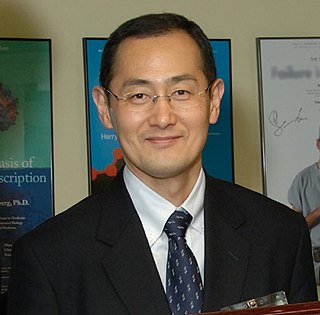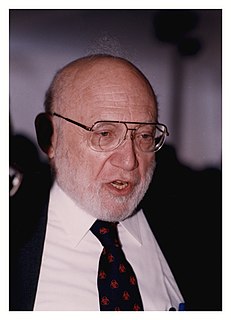A Quote by Aleksandr Solzhenitsyn
Scientific research? Only when not at the cost of ethics-and first of all, those of the researchers themselves.
Related Quotes
The technological overflow from scientific research has brought scientific research this bad name about carrying an irresponsibility and an alienation from God - because scientific research has led to things like the atom bomb, it's led to problems with depletion of ozone in the Earth's atmosphere, or at least it's revealed those problems.
Because there are now online databases of federally funded research, and these databases are searchable by keyword, sex researchers have to be careful how they title their projects. It's become a simple matter, for those who are so inclined, to find and target researchers whose work they object to on religious grounds.
Written in 1895, Alfred Nobel's will endowed prizes for scientific research in chemistry, physics, and medicine. At that time, these fields were narrowly defined, and researchers were often classically trained in only one discipline. In the late 19th century, knowledge of science was not a requisite for success in other walks of life.
The great scientific achievements are research programmes which can be evaluated in terms of progressive and degenerative problemshifts; and scientific revolutions consist of one research programme superceding (overtaking in progress) another. This methodology offers a new rational reconstruction of science.
Wellcome Trust focuses on supporting outstanding researchers, accelerating the application of research, and exploring medicine in historical and cultural contexts. We believe passionately that breakthroughs emerge when the most talented researchers are given the resources and freedom they need to pursue their goals.
I do not believe that a moral philosophy can ever be founded on a scientific basis. … The valuation of life and all its nobler expressions can only come out of the soul’s yearning toward its own destiny. Every attempt to reduce ethics to scientific formulas must fail. Of that I am perfectly convinced.
Through our government's updated science, technology and innovation strategy, we are making the record investments necessary to push the boundaries of knowledge, create jobs and opportunities, and improve the quality of life of Canadians. Our government's Canada Research Chairs Program develops, attracts and retains top talent researchers in Canada whose research, in turn, creates long-term social and economic benefits while training the next generation of students and researchers in Canada.






































